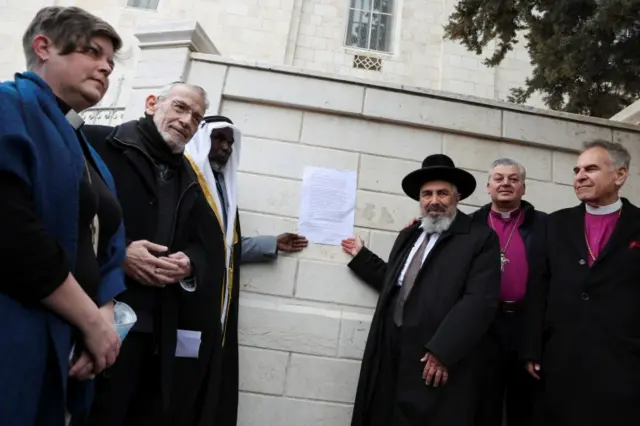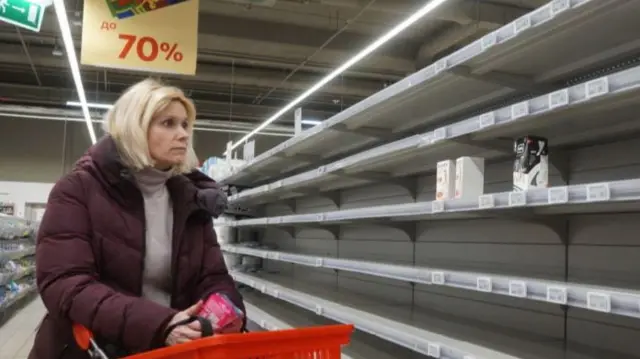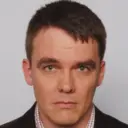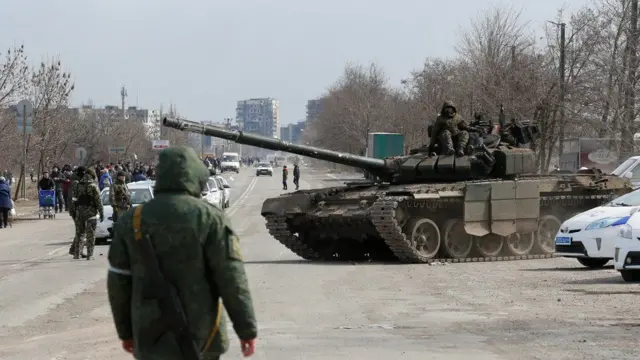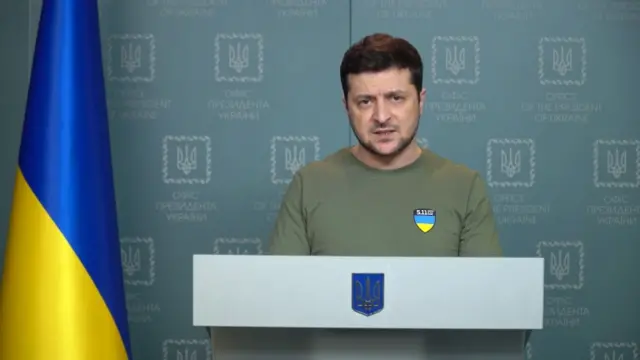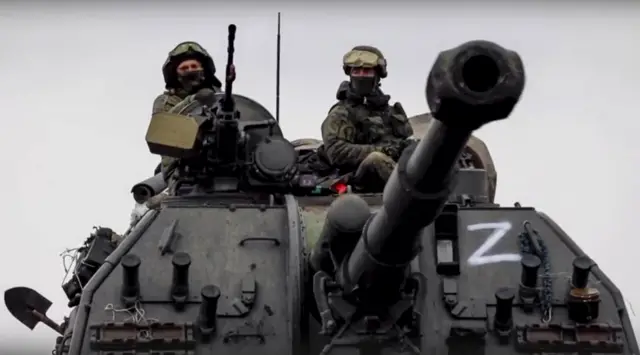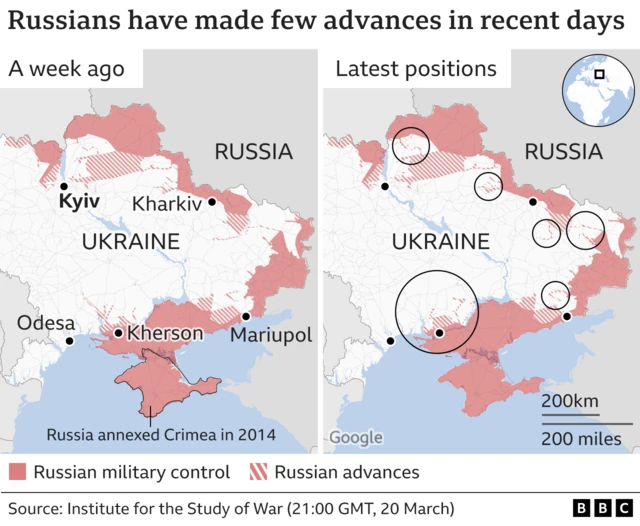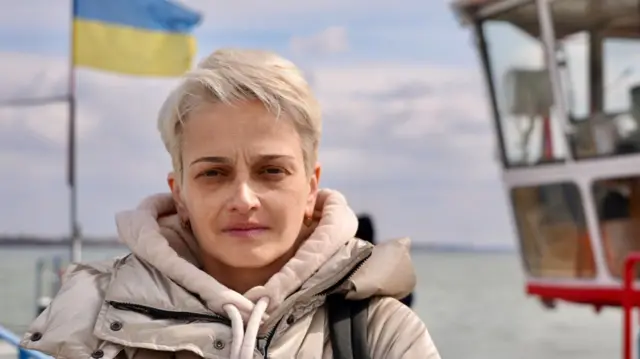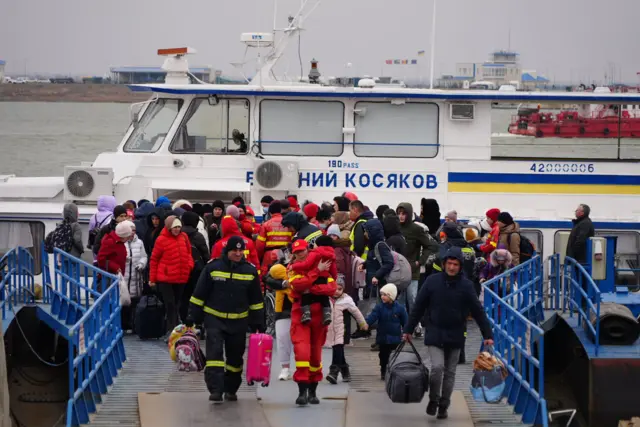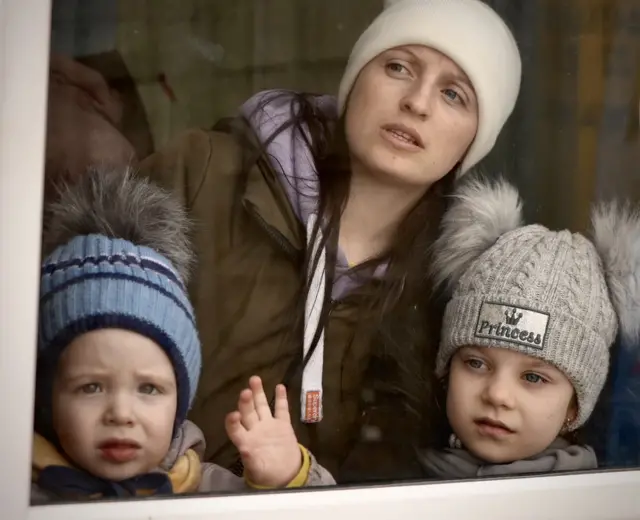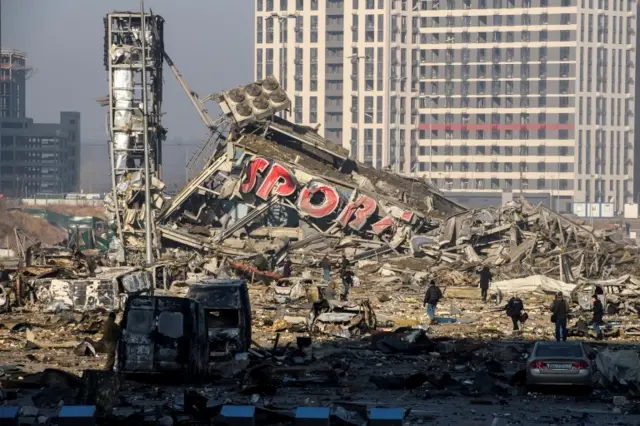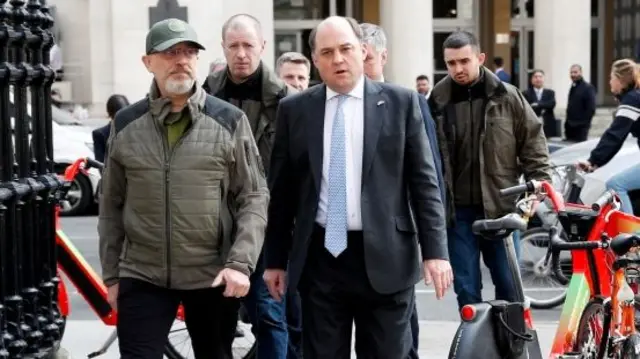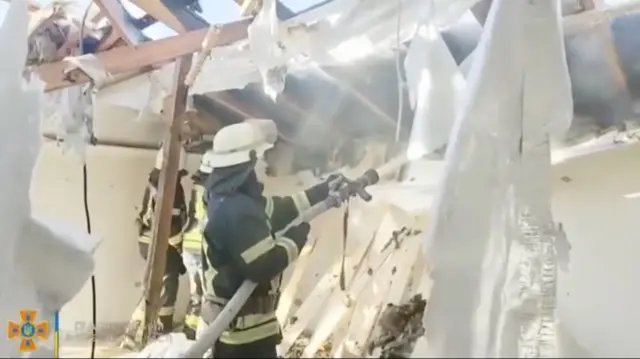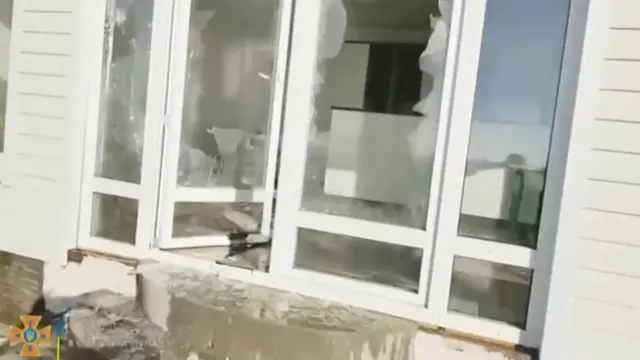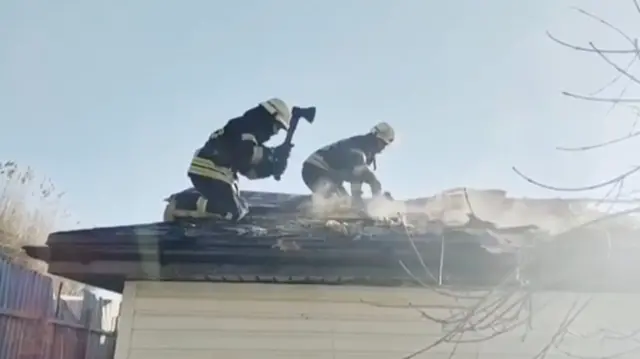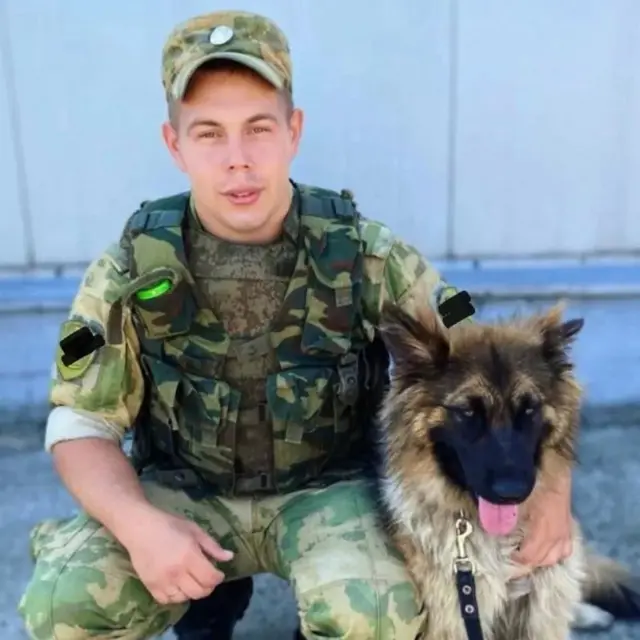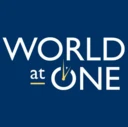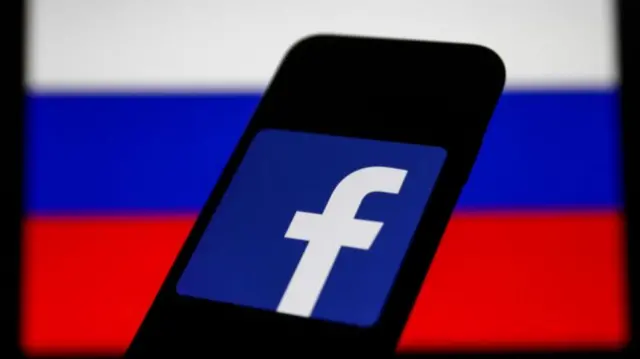How many people have been killed since Russia invaded Ukraine?published at 19:20 GMT 21 March 2022
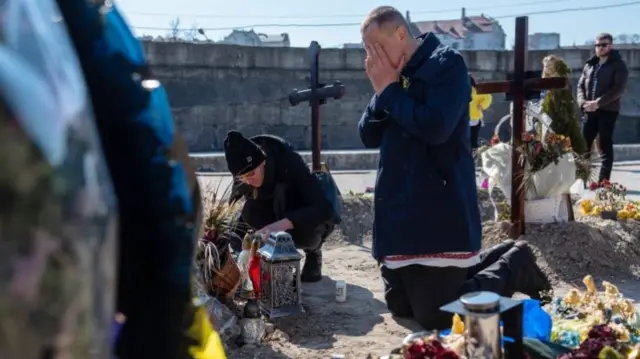 Image source, EPA
Image source, EPATracking how many people have been killed since Russia invaded Ukraine is difficult, as information is patchy and difficult to verify.
Ukrainian military sources say that so far as many as 15,000 Russian soldiers have been killed, though this figure may include injured as well as dead. Russia has not given a figure for its losses since 2 March, when it said 498 had been killed. The most recent US military intelligence estimate, quoted by the New York Times, puts the figure at around 7,000.
The BBC's Russian Service has put together a list of 557 confirmed Russian fatalities, sourced from reports containing specific information about the individuals' deaths.
And on the Ukrainian side, more than a week ago, President Zelensky said 1,300 Ukrainian soldiers had been killed, but Ukraine has given no figures since then.
On Monday, Ukrainian officials said 115 children had been killed in the conflict and 140 wounded, while the UN’s human rights office said 925 civilians had been killed and 1,496 injured.
However, authorities in the besieged southern city of Mariupol estimate that 2,500 people have died in that city alone.

